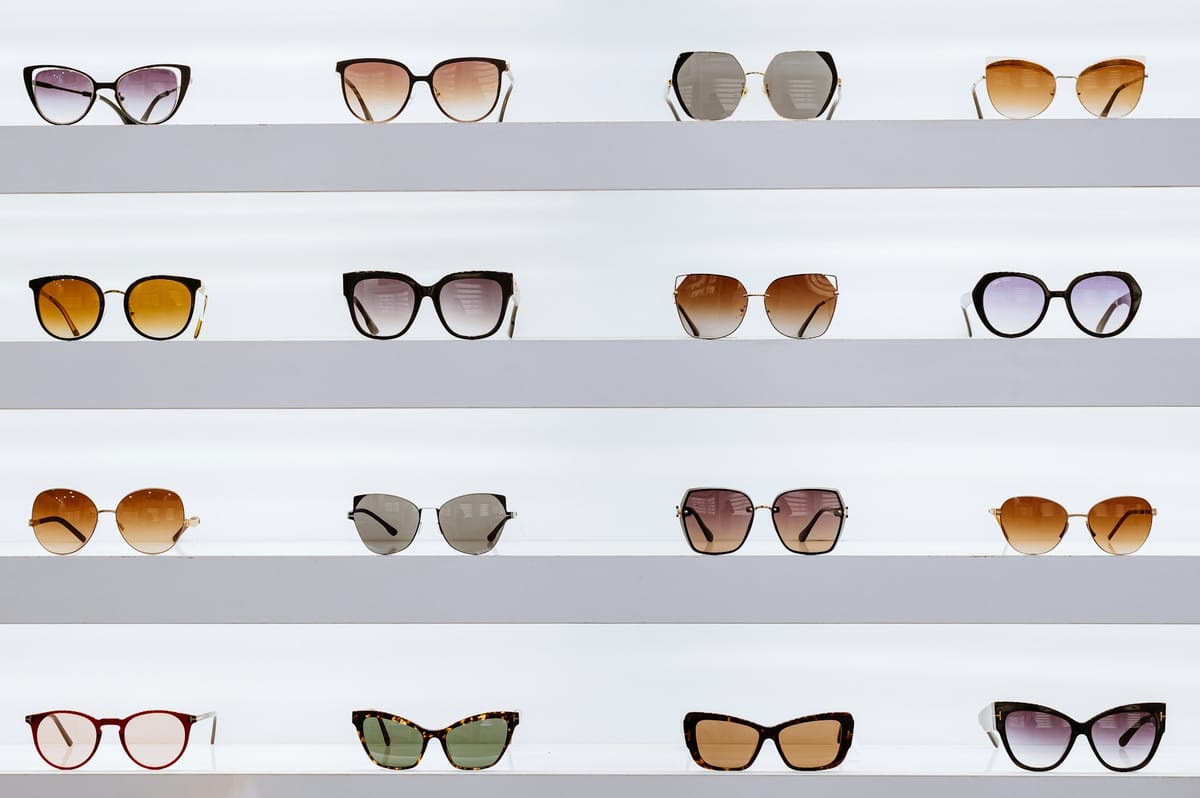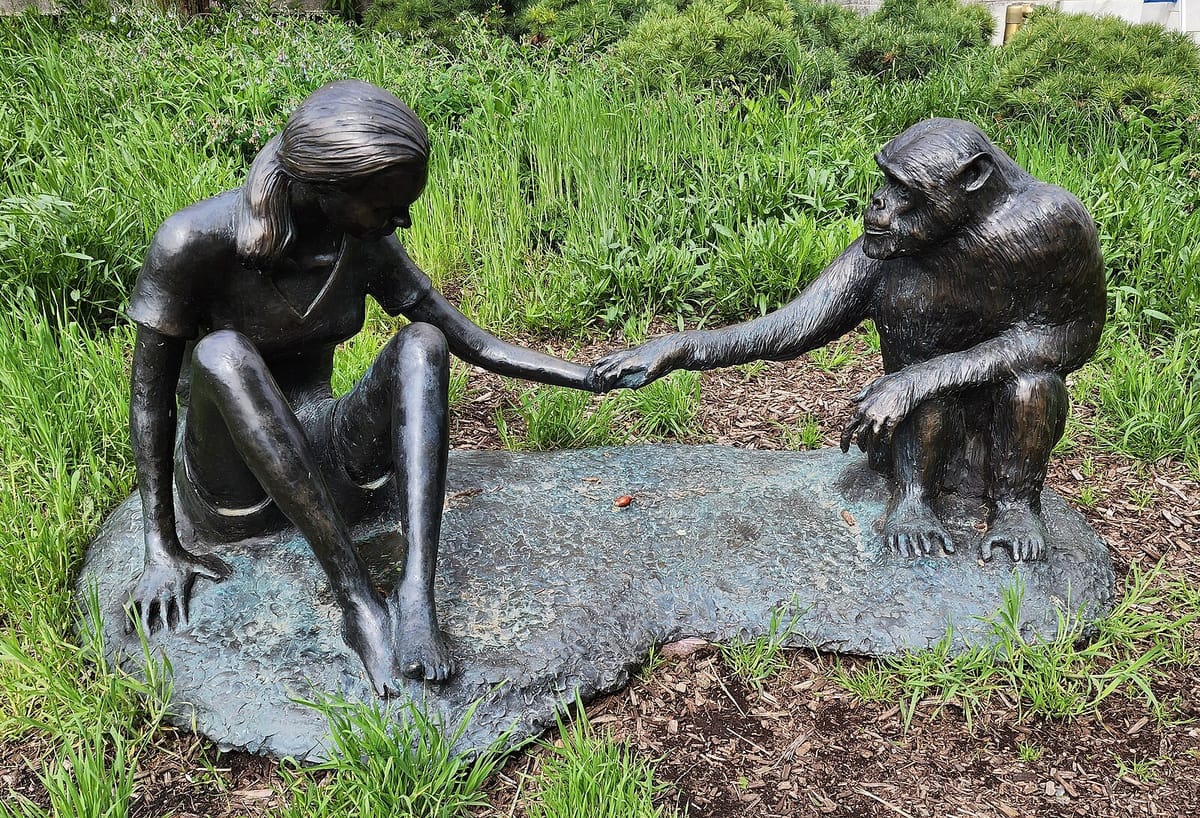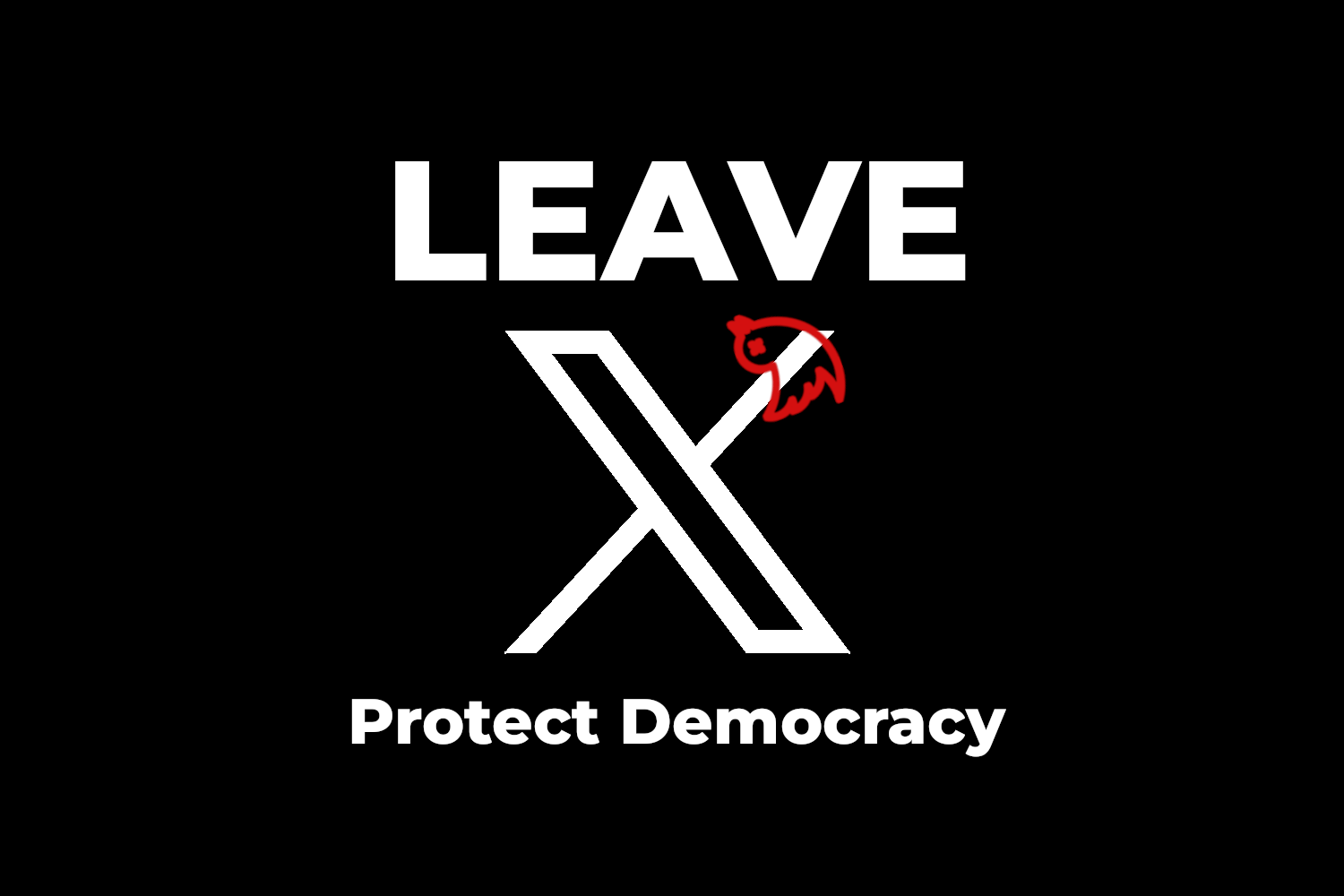Why people who wear glasses should be considered disabled
The more people who are considered disabled, the more likely our society is to care about accessibility.

Written by Jack McGovan / Edited by Libby Langhorn
A couple of weeks ago after getting out of the shower, I picked up my glasses and one of the arms snapped off. I sighed, dejected at the prospect of having to buy new ones, another task to add to my neverending list. Wanting to delay that inevitability, especially since I have really bad eyesight and can’t live without glasses, it was important to try to fix them, at least temporarily.
I asked my flatmate to help me find the cellotape, as it would have taken much longer without the clarity of his perfectly functioning eyes. The tape, however, didn’t work. The way the glasses had snapped made them impossible to fix with such a flexible material. Panic set in. Not only would I not be able to do anything without my glasses, I’d have to wait several days for an eye test, a necessity before I could even order a new pair.
The entire experience is something I’ve suffered through before, and each time it happens it really makes me aware of how much my quality of life is impacted by having glasses. When I say that life would be impossible for me without them, I really mean it—I can’t even see what’s on my laptop screen unless my face is right up against it. I’ve started to believe that it’s important to refer to myself and other people who wear glasses as disabled.
I don’t say that in any way to equate my experience to the 1.3 billion people—16% of the global population—who have what the World Health Organisation calls a significant disability. Yet disability is already a catch-all that covers a range of circumstances with different needs and accommodations, and I think broadening the definition even further could have positive practical and cultural implications.

Around 42% of Americans in the early 2000s needed glasses, and half of the global population is expected to need them by 2050 if current trends continue. When we include people who wear glasses in statistics about disability, we get closer to seeing that a majority of people will be disabled in some way during their lifetime, that they will need some level of assistance—whether from a disability aid or another human—to live a high quality life.
My health insurance doesn’t cover glasses unless you’re considered high myopia, which is the point at which you’re more at risk of becoming blind. I don’t have high myopia, but my eyesight is significantly closer to that point than perfect vision. Still, I have to pay for my own glasses, and they’re not cheap; around 2.5 billion people live with poor vision unnecessarily as they don’t have access to glasses.
Normalising the idea that glasses are a disability aid, rather than an optional fashion accessory, would increase the likelihood of mass support for health insurance to cover them, as people would then see bad eyesight as the disability it actually is. The bar for what it means to be disabled would also be significantly lowered, which, I believe, would have positive spillover effects.
One of the major barriers that disabled people face is attitudes towards them—the stereotyping, prejudice, and discrimination. As bad eyesight is so common, it being included under the disability banner would help to break down those misconceptions about who disabled people are and what they’re capable of. Although it’s sad that solidarity is easier within an in-group, a more expansive disabled community would likely mean more support for those with more severe disabilities.

For the longest time, I would have denied that I was disabled because of the stigma attached to the label. I even remember when my eyesight started deteriorating I didn’t tell my parents for a while, perhaps already subconsciously aware that I didn’t want to be associated with a disability aid at nine years old.
After failing to repair my glasses, I managed to find a (very old) spare pair to use until I was able to go to the shop and have my preferred frame unexpectedly repaired free of charge, an experience that should be the norm all across the world. Not having to pay for glasses might be the most profound difference for those with bad eyesight if they were to be considered disabled, but it could revolutionise how society views and interacts with the disabled community more broadly.






Comments ()